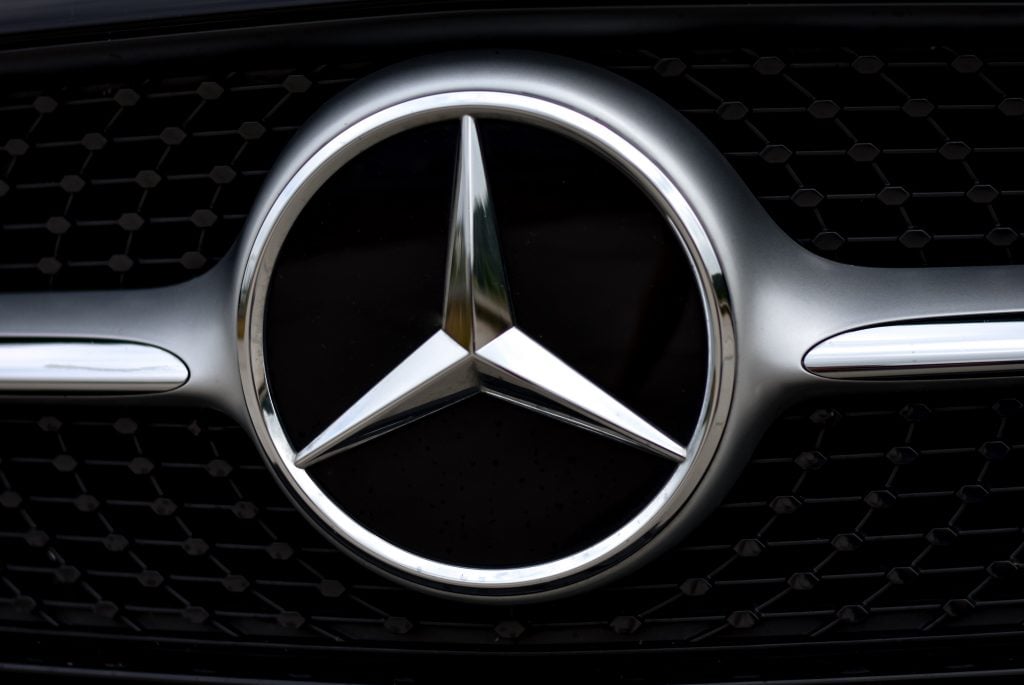As the race for autonomous vehicles heats up, auto-manufacturing companies are striving to be the first to bring high-level autonomous technology to the market. It appears that Mercedes has emerged victorious in a crucial competition against Tesla, securing its position as the first certified Level-3 autonomous car company in the United States.

Level-3 autonomy, also known as conditional automation, is designated as the third level of driving automation by the Society of Automotive Engineers, and it enables cars to drive themselves in certain situations. The driver doesn’t have to operate the steering wheel and pedals, but they must still be alert and ready to take control at any moment. A large number of auto-manufacturing companies have been fiercely competing to become the first Level-3-autonomy car company, with Tesla and its full self-driving feature being a strong contender from the beginning. However, the company was ultimately unable to secure the necessary certifications.
It is still unclear who would bear legal responsibility in the event of an accident – the driver or the car manufacturer. This makes Level-3 autonomy a controversial topic. Currently, only the state of Nevada in the US has approved this project. Dimitris Psillakis, CEO and Head of Marketing & Sales North America at Mercedes-Benz USA, expressed pride in the company’s unwavering commitment to innovation.
Drive Pilot technology is at the helm of Mercedes’ success, which seamlessly integrates various technologies, including cameras, GPS, LiDAR, radar, ultrasound sensors, and audio mics to ensure safe autonomous driving. Drive Pilot is currently only available in the latest S-Class and EQS Sedan models. While Level-3 autonomy is just one milestone in the journey towards fully autonomous driving, Mercedes’ achievement sets a new standard for the industry and shows that this technology is now a tangible reality.
RELATED
- Mercedes Owners Soon Need to Pay a $1200 Subscription to Make Their Cars Faster
- Can Tesla Deliver an Affordable Electric Vehicle? The Wait May Have Been Over!
- Best Power Banks for iPhones in 2023
- Mercedes EQS SUV allows front passenger to watch video while car is moving
(Via)







